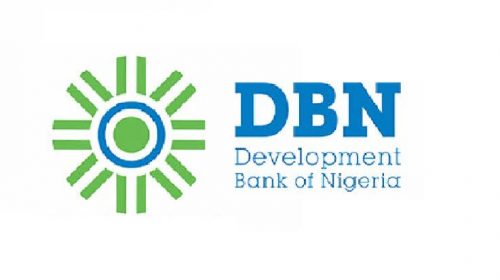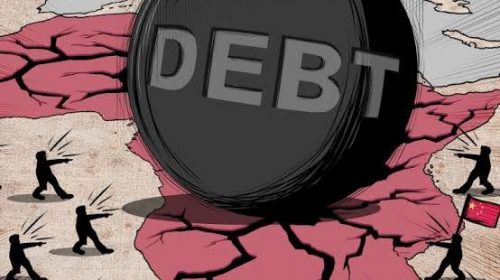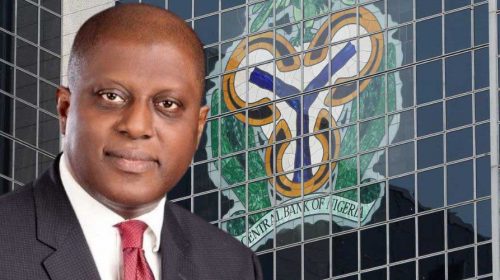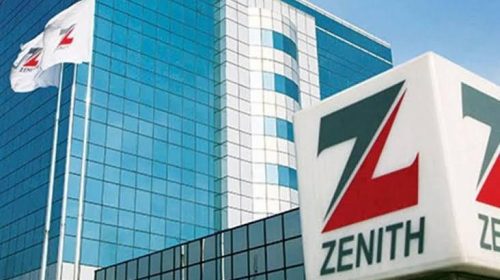Depositors of 154 Closed MFBs Get Pay — NDIC

By Ngozi Onyeakusi — The Nigeria Deposit Insurance Corporation (NDIC) disclosed that the depositors of the 154 microfinance banks whose licenses were recently revoked by the Central Bank of Nigeria (CBN) for various reasons, including insolvency will soon be paid.
Speaking at the 15th Edition of the NDIC annual workshop for Business Editors and Financial Correspondents Association of Nigeria (FICAN) in the ancient city of Benin, the Managing Director and Chief Executive of the corporation, Umaru Ibrahim said payment of verified customers will soon begin, in line with its core mandate.
”The NDIC has commenced verification of insured depositors and will soon start paying the verified claims to appropriate depositors in fulfilment of our core mandate. From the record obtained so far, majority of the depositors, especially in the MFBs, have less than N200,000 in their accounts, which implied that the NDIC will hopefully cover 100% of the depositors,” he said.
Represented by the Director, Special Insured Department (SID) of the cooperation, Muhammed Yayangida Umar, said the 154 MFBs and six primary mortgage banks were closed “because some were found to have insufficient assets to meet their liabilities, while others had their capital to risk-weighted assets ratio and regulatory capital below the minimum prescribed by the CBN.
”Furthermore, quite a number of the banks had ceased to carry on the type of banking business for which their licenses were issued for a continuous period of more than six (6) months while others had gone into voluntary liquidation,” he said.
NDIC however said, that the theme: Financial inclusion, consumer protection and the evolution of virtual currencies in Nigeria and the workshop was designed to ensure accurate reporting of the activities of the corporation on the implementation of the Deposit Insurance System (DIS) in Nigeria, especially as it relates to Bank Closure and Asset Realisation of failed banks in Nigeria.
On the establishment of Polaris Bank Ltd, a bridge or temporary institution used to take over the assets and liabilities of the defunct Skye Bank Plc, until a buyer can be found.
Umaru said, “The pay-out option for example, would have resulted in depositors not assessing their deposits as they would be paid their guaranteed deposits only, in the first instance. Subsequently, payment of excess uninsured deposits would remain uncertain, protracted and entirely dependent on the level of unrealizable assets.
“However, with the bridge bank option, depositors of the defunct Skye Bank Plc, are






Leave a Reply